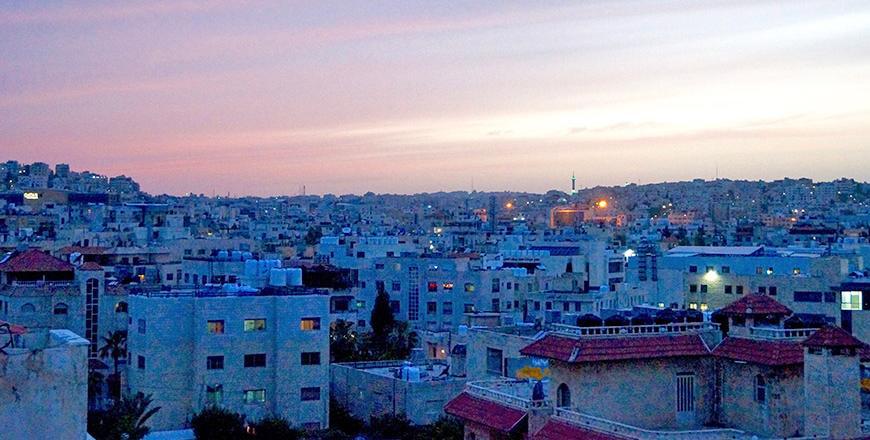You are here
Unemployment, high cost of living top concerns for Jordanians — survey
By Rayya Al Muheisen - Feb 14,2022 - Last updated at Feb 14,2022

High unemployment rates, inflation and the high cost of living, along with poverty and social inequality, are among the top concerns for Jordanians, according to a national survey (JT file photo)
AMMAN — High unemployment rates, inflation and the high cost of living, along with poverty and social inequality, are among the top concerns for Jordanians, according to a national survey.
The Jordan Consumer Sentiment Index (JCSI), a quarterly national survey by IPSOS Jordan, examines consumer attitudes on the current and future state of the local economy, personal financial situation, as well as confidence to make large investments and ability to save.
The sample of the JCSI survey consisted of 1,000 Jordanians above the age of 18. The survey was conducted at the end of 2021 and was published on February 15, 2022.
The Economic Expectations Index has seen a 7.5-point increase when compared to the third quarter of 2021, according to the survey.
The index added that the increased optimism shown in the survey is not unique to Jordan, as similar sentiments have been mirrored globally.
The top three concerns for Jordanians are as follows: Unemployment (58 per cent), inflation and high cost of living (40.8 per cent), and poverty and social inequality (around 39 per cent), according to the survey.
“Almost 54 per cent of the participants rated Jordan’s economy as weak,” the survey added.
Economist Khaled Salameh commented on the above statement, saying that the Jordanian economy is facing both national and global challenges, and that “major changes need to be made to overcome these challenges”.
“As we always recommend, the government has to ease investment procedures,” Salameh noted.
Salameh added that it is time for the economic weight to be lifted from the citizens’ shoulders and taken by the government.
He continued that high inflation is always accompanied with high prices, which is “suffocating” people.
When participants were asked to evaluate their personal financial situation, 62 per cent said that their overall situation is weak.
“We demand decision makers to reduce taxes, with priority given to income tax,” Ali Basel, 30, told The Jordan Times.
Basel claimed that consecutive governments have been perceiving citizens as “income generators”.
“The amount of taxes we have to pay is insane, hence we do not get anything in return,” he continued.
“Healthcare systems and education are going downhill”, said Basel.
Meanwhile, 25.5 per cent of participants stated that one of their top concerns was education while 16 per cent said healthcare is among their biggest concerns.
Whereas 72 per cent believed that COVID-19 has been contained and will soon be over, 63 per cent believed that the virus still poses a threat to the Kingdom, the survey added.
A majority of 72 per cent said they are less confident about job security.
The survey noted that employment confidence index remained stagnant, placing Jordan amongst the bottom three countries on the list.
“Seventy per cent said that adaptation is the best way to deal with the surge in coronavirus cases,” the survey reported.
According to the survey, while the perceived threat of the virus is still at its highest levels, optimism has intensified with 72 per cent of Jordanians believing that the threat posed by the virus will soon be over.
Related Articles
AMMAN — IPSOS Jordanian Consumer Sentiment Index (JCSI) for Q2 2024 showed a 1.3-point increase in consumer confidence in the Kingdom's econ
AMMAN — In a survey on the “current state of the economy”, which included 25 countries, Jordan jumped three places from 20th to 17th in the
AMMAN — Only one quarter of the Jordanian population believes that the Kingdom is moving in a positive direction, the Centre for Strategic S

















